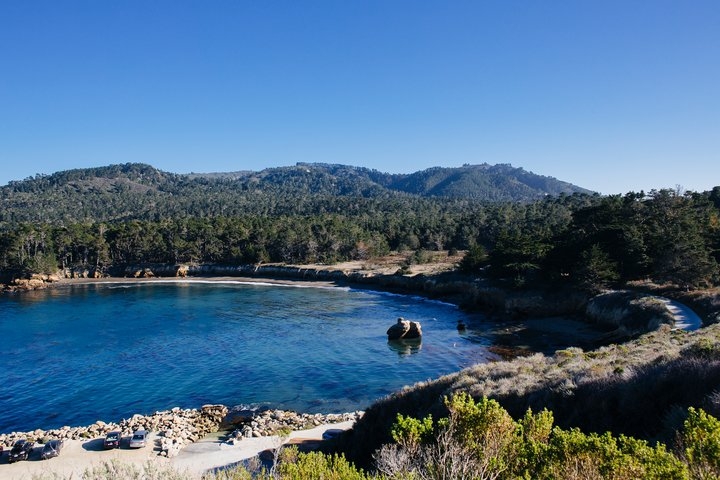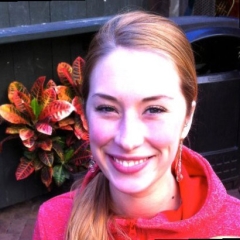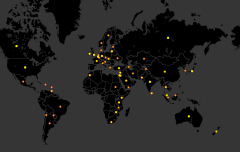Community Career Fair Goes Virtual
| by Bryce Craft
Our annual fall Community Career Fair—held virtually this year for the first time—was a success. Nearly two dozen employers participated and the virtual format allowed for more individual contact between employers and potential recruits.




